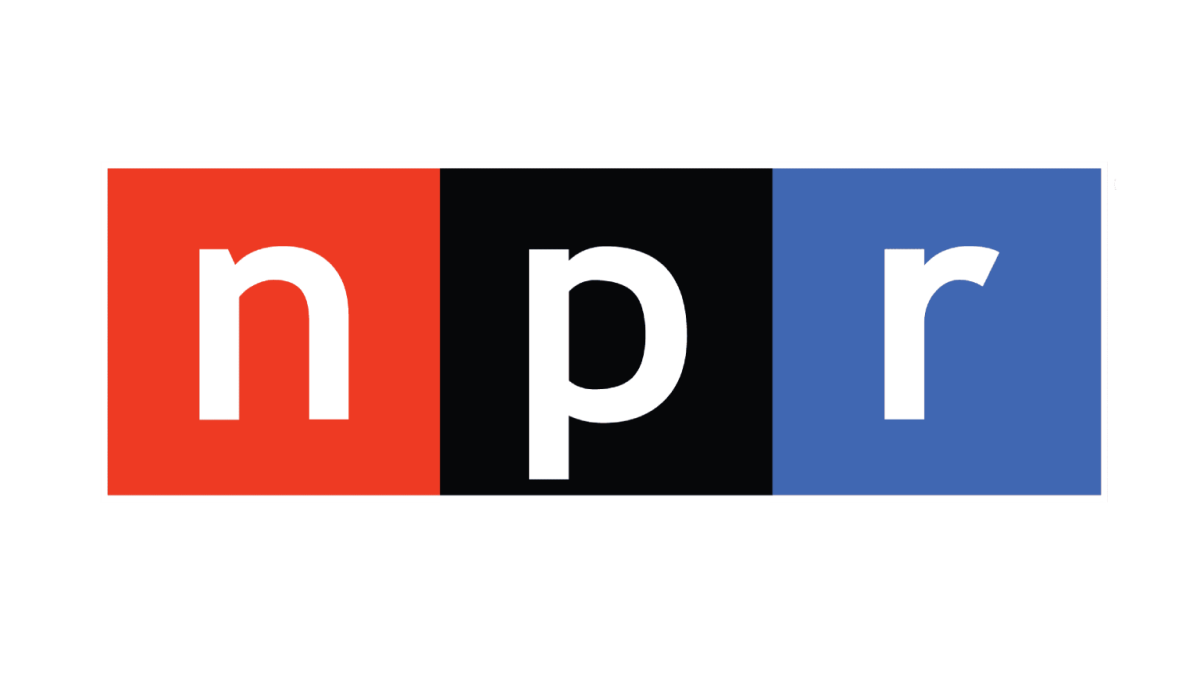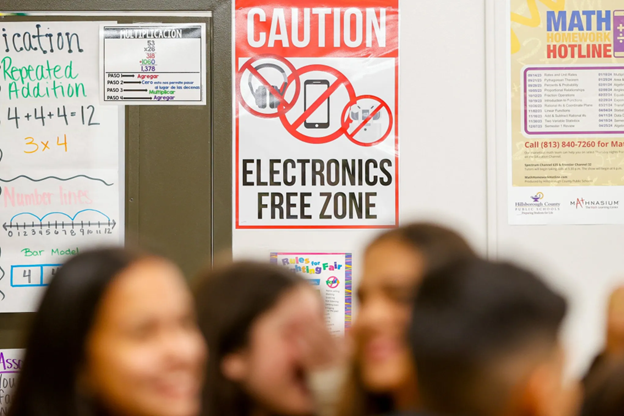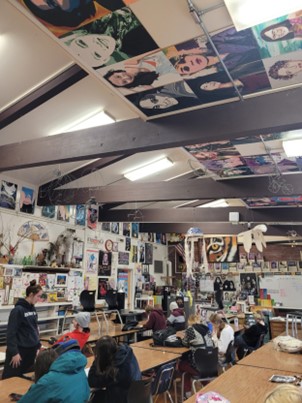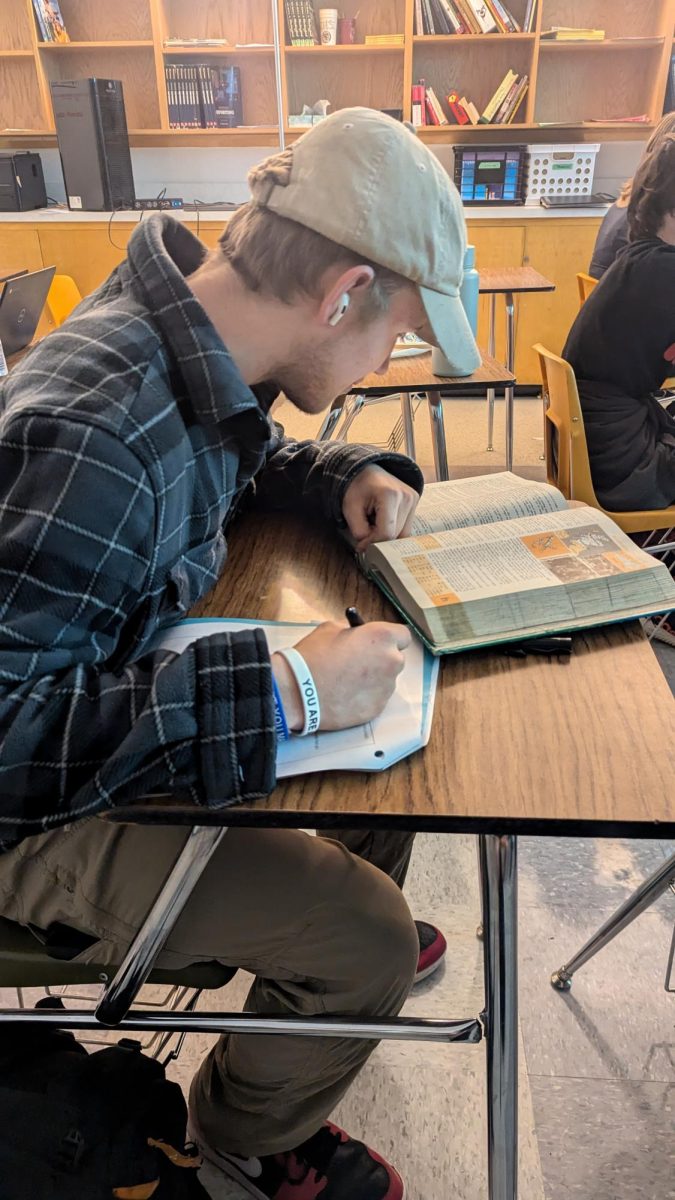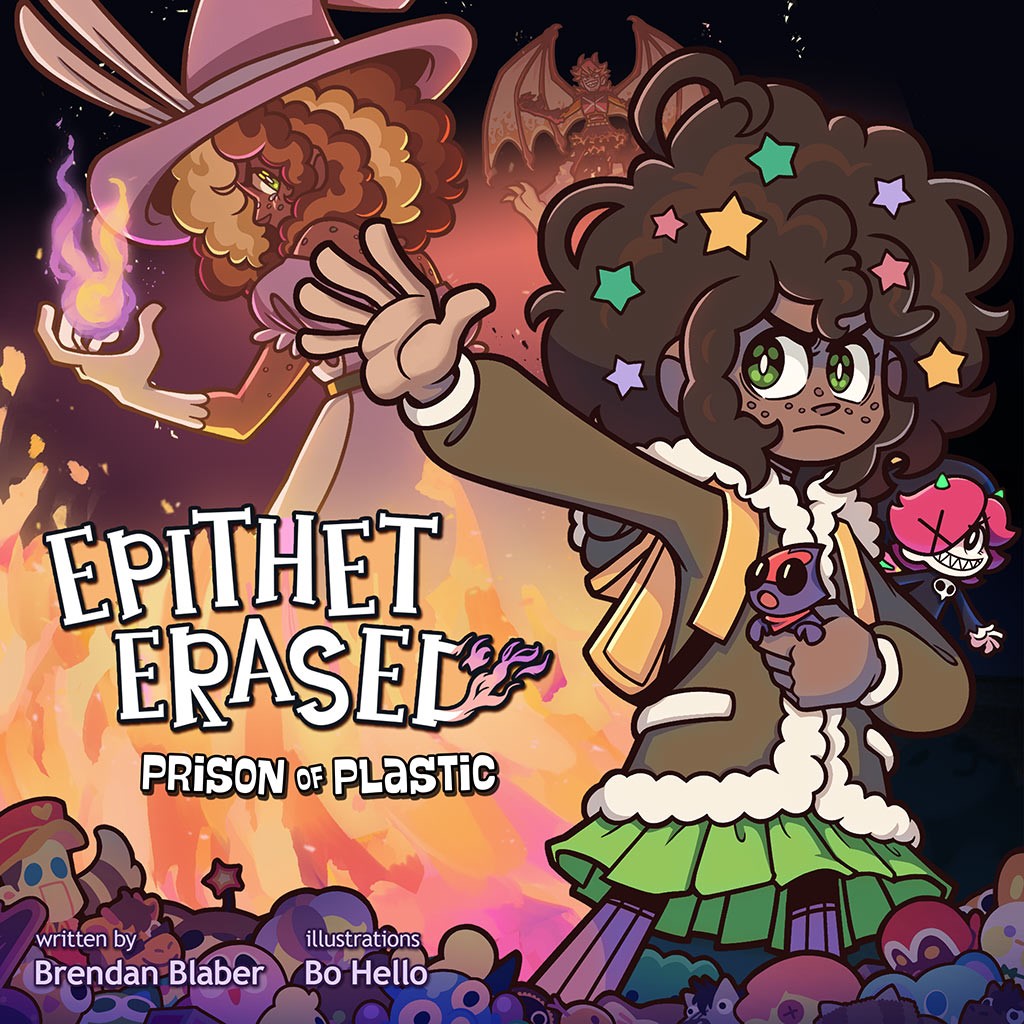“–to work in partnership with member stations to create a more informed public” is the mission statement National Public Radio has published on their website. This goal seems fitting for an organization like NPR: to inform a free, democratic society on the issues and pressing news of the country. . . at least in theory.
On the 9th of April, Uri Berliner, senior business editor at NPR, released an article on The Free Press website detailing his account of the downfall of public radio. It is no secret NPR has always had a “liberal bent,” but the issue for Berliner came when the newsroom at NPR began ignoring news that was sensitive to the Biden administration as well as including sources from only one side of the aisle when seeking comment from lawmakers in D.C.
This is deeply concerning. NPR’s funding is complicated; part of its income is from public funds in the form of tax dollars and community service grants, which warrants an accountability to an unbiased newsroom. Because of this, and regardless of an individual’s political views, the American public is entitled to a fair and objective radio service.
Recently in his career at NPR, Mr. Berliner has encountered everything from forced campaigns of diversity to orders not to publish stories sensitive to the Biden administration.
Despite the New York Post airing the first major-network coverage of the Hunter Biden laptop story after having discovered a “smoking gun” in the controversy between President Biden, Hunter, and a Ukrainian Energy executive, NPR failed to inform the public regarding the incident until 2022–two years after the incident. The article in question by the New York Post was argumentative to say the least. However, this did not change the fact that Hunter Biden had dipped his toes into a dark area of business. According to Mr. Berliner, the story was intentionally ignored at NPR as it would “make [Joe] Biden look bad” just weeks before the election. Airing on the side of caution is one thing; ignoring news for partisan reasons is another.
On the topic of partisan bias in news coverage, NPR cannot deny a total lack of political diversity in the newsroom. Mr. Berliner made it clear that in an almost habitual cycle, he would discover inequities and problems with coverage, bring them up, and be ignored by the higher-ups at NPR. At some point Mr. Berliner looked into the voter registration of NPR’s newsroom – a fairly easy thing to do in D.C. – and discovered that its editorial staff was comprised of 87 registered Democrats, and a grand total of 0 registered Republicans, according to the Honestly podcast that featured Mr. Berliner.
The leadership at NPR is in need of ideological diversity just as direly as the newsroom. Current CEO and President Katherine Maher has maintained a suspiciously subjective online presence. In a series of tweets posted to the social media site X, Katherine stated, “The best part of AZ GOTV is my Biden Grandpa Hat” and “Donald Trump is a Racist” (via The Hills Robby Soave). However, these pale in comparison to her comments regarding the murder of George Floyd and the resulting looting, to which she said, “Sure looting is counterproductive. But it’s hard to be mad about protests not prioritizing the private property of a system of oppression founded on treating people’s ancestors as private property.”
Unsurprisingly, Maher has since shed her skin, deleting all tweets regarding politically sensitive issues. Without commenting on the real issue of police brutality against African Americans, it remains a highly polarizing subject for the American people, and the head of a “non-partisan” news organization should not be so opinionated regarding those contentious issues.
Mr. Berliner stated in his interview on the Honestly Podcast that Trump’s election “shocked” and “disturbed” them, and that in the weeks following the election there was a ‘target’ on Trumps back. They began focusing less and less on facts and more on harmful headlines. Mr. Berliner stated, “I think what we latched on to was Russia collusion, like a lot of news organizations, which was as I write, catnip, although it was just rumors and a lot of it based on pretty shoddy documents.” This would not be an issue if all news of this nature from both sides of the aisle was covered the same, but as mentioned earlier, NPR took two years to even make mention of the Laptop Story.
Every capable journalist has a list of sources for certain issues. More importantly, an educated and well-informed journalist goes further to test against bias, corruption, and hidden rhetoric in their sources. The late Supreme Court Justice Ruth Bader Ginsberg had a personal relationship with NPR’s supreme court correspondent, Nina Totenberg. Their friendship was deep and beautiful in many ways, but the quarrel much of the public has taken with it has nothing to do with its merit; rather, the complaint regards its existence in the first place. It is very possible the relationship could have co-existed appropriately with these women’s high-profile careers; however, it didn’t. Mrs. Totenberg wrote an effusive book about the friendship that detailed such intimate and potentially compromising scenes as (name the questionable elements).
Between the controversies in Trump pushing through Amy Barret to replace RBG, and the news emerging about Justice Clarence Tomas taking bribes (very publicly), the floor of the Supreme Court is far from non-partisan and professional. Amid all of this bureaucratic imbroglio, NPR’s one and only Supreme Court correspondent is making soup in her off time for one of the women she is supposed to be a steadfast reporter on.
The review of NPR has been on Congressional Republican’s docket for decades; this recent testimony by Mr. Berliner gives teeth to the claims conservative listeners have made. Defunding NPR is not a solution; however, a congressional review along with redrafting select internal policy could correct the inherent, unjust coverage.


